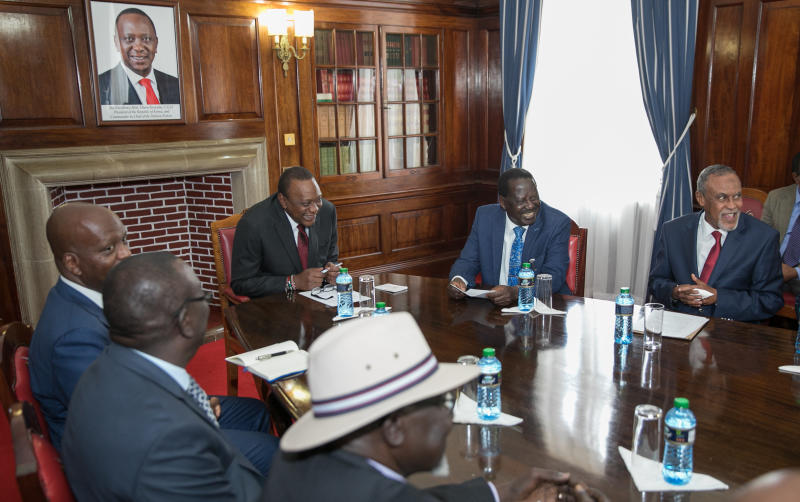×
The Standard e-Paper
Join Thousands Daily

Creation of the position of powerful prime minister is one of the key recommendations given to a team tasked by President Uhuru Kenyatta and Opposition leader Raila Odinga to receive public submissions towards ending cycle of electoral violence.
Submissions to the Building Bridges Initiative (BBI) suggest the clamour to amend the Constitution to overhaul the country’s governance system, including creation of the post of executive prime minister, is gathering steam.